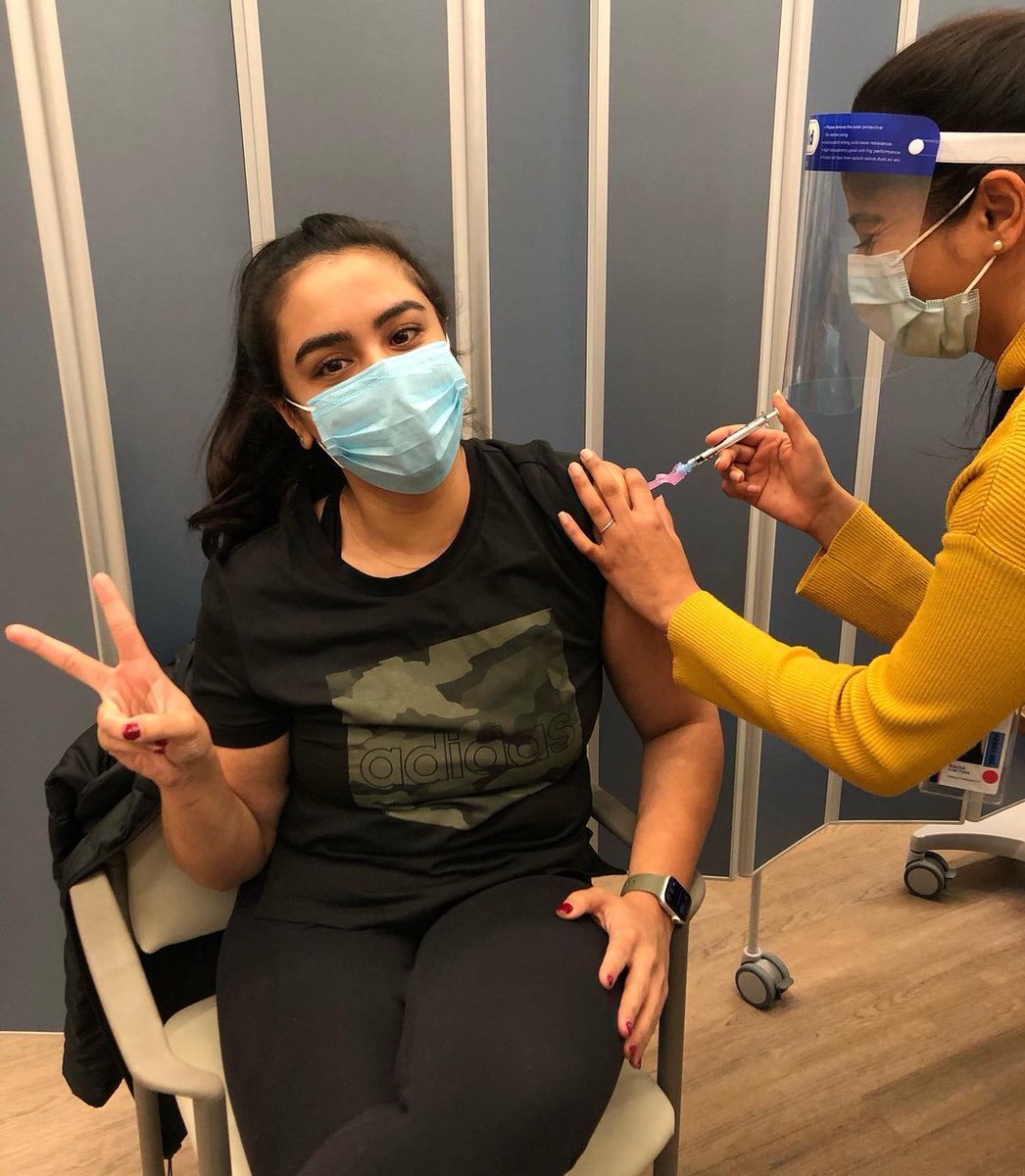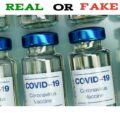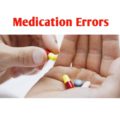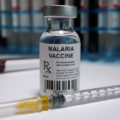According to the National Coordinating Council for Medication Error Reporting and Prevention, a medication error is defined as “any preventable event that may cause or lead to inappropriate medication use or patient harm while the medication is in the control of the healthcare professional, patient, or consumer.
As COVID-19 vaccine administration peaks, reports of errors and associated issues continue to pile. Administering a dose other than the one authorized by the FDA and administering a dose to someone too young are the main COVID-19 vaccine administration errors that occurred in the past four months, according to a report released April 22 by the Institute for Safe Medication Practices.
The institute analyzed more than 160 COVID-19 vaccine administration errors that had been reported to it from Dec. 14 to April 15.
Below are the eight main errors reported, along with some of their potential causes:
1. Administration of a dose lower than authorized (potentially caused because a patient pulled away during vaccination, vaccine was leftover in the syringe after injection or vaccine leaked during injection)
2. Administration to a patient younger than authorized (potentially caused because the vaccine provider didn’t ask age-related screening questions)
3. Administration of the wrong mRNA vaccine for the second dose (potentially caused because the drugmaker recorded on the patient’s vaccine card was not verified or the patient’s second dose was scheduled on a day when the site only administered the mRNA vaccine that didn’t match their first dose)
4. Administration of a dose higher than authorized
5. Using the wrong injection technique or needle size
6. Improper vaccine storage and handling, leading to the administration of an expired vaccine
7. Getting vaccine administration intervals wrong
8. Failure to dilute Pfizer’s vaccine or using the wrong volume of diluents





